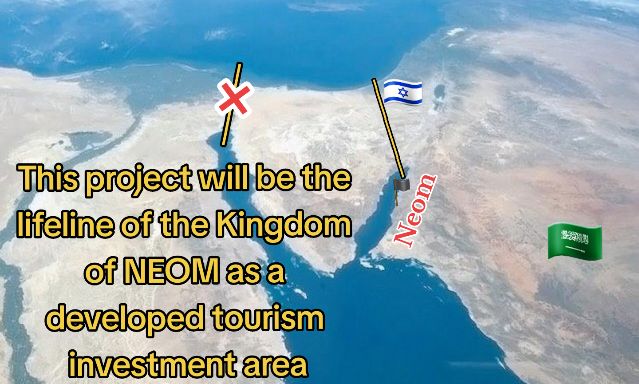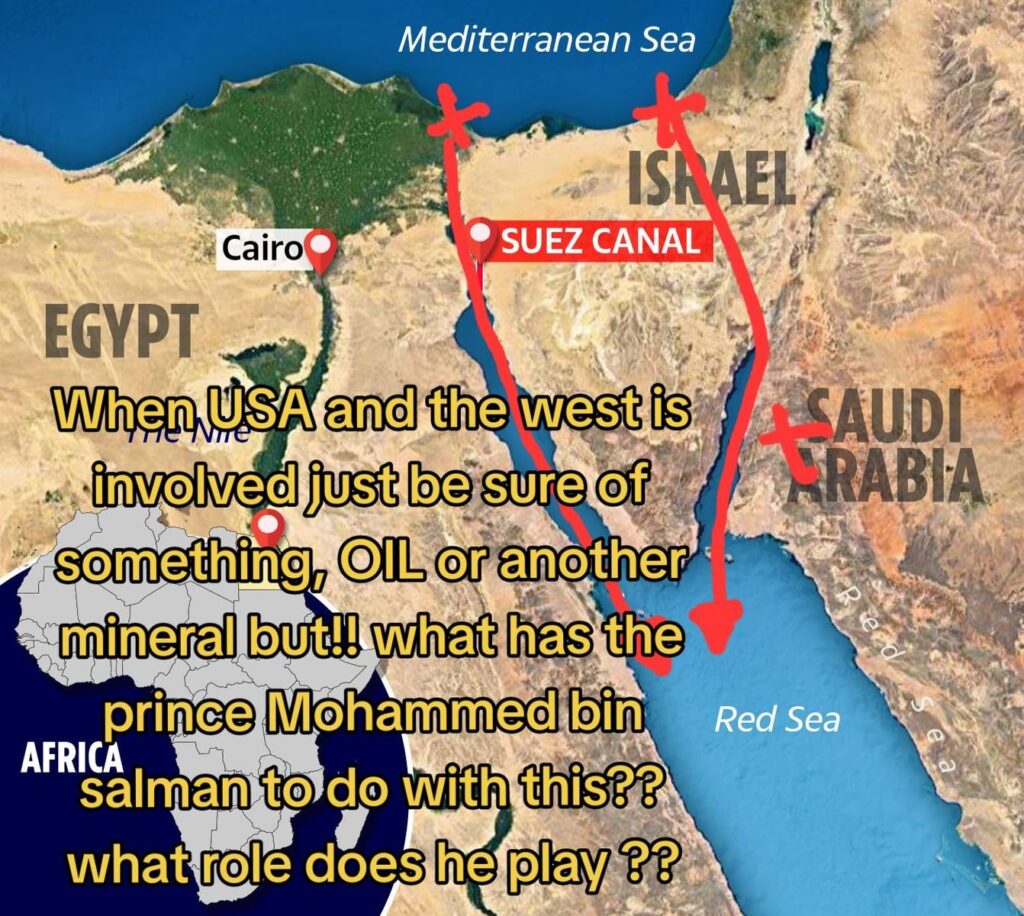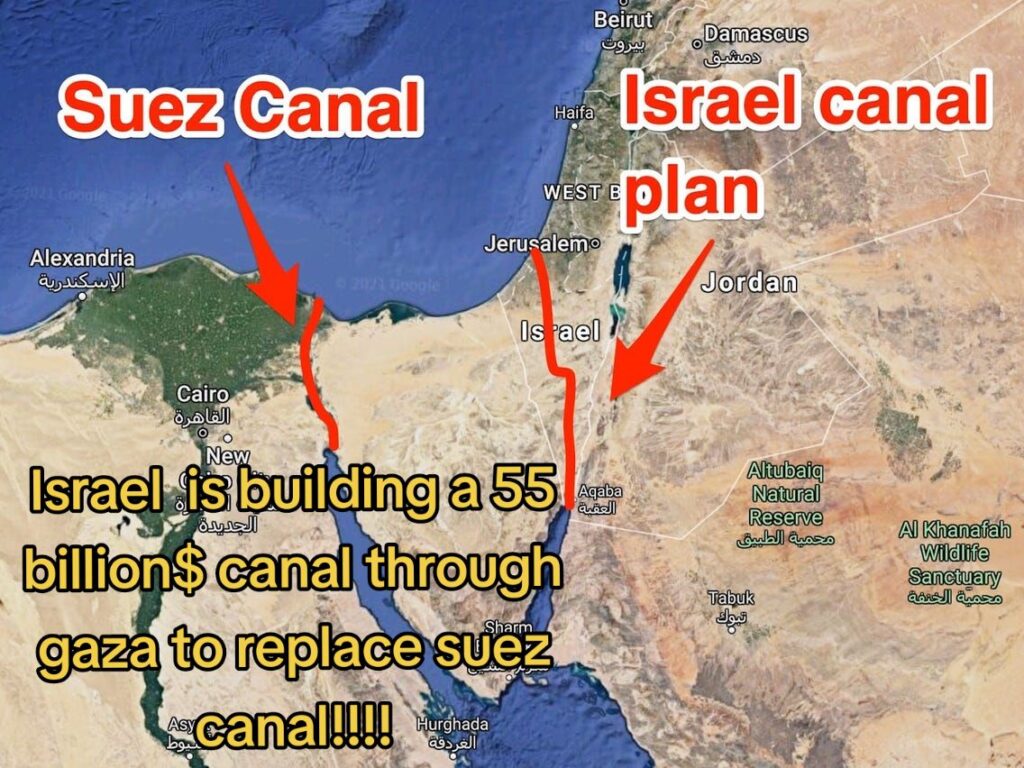DUBAI – Saudi Arabia’s avoidance of taking any action against Israel is concerning for Muslims.
Since Saudi Arabia and Israel hold different political and religious views, they have traditionally been viewed as unexpected friends. Nonetheless, a remarkably close friendship has emerged between the two nations recently.
This has made many question why Saudi Arabia, a country with a majority of Muslims that has always backed the Palestinian cause, does not take part in any actions that are directed towards Israel.
Saudi Arabia used to back the Palestinian cause, but due to evolving geopolitical conditions, its position has changed. Saudi Arabia has forcefully adopted a more practical realpolitik due to Iran’s increasing influence and worries about Islamist extremism and Palestinian instability.
Despite enduring ideological differences, converging interests have resulted from similar difficulties, such as Iranian influence and a desire for economic diversification.
Although the relationship is still kept under wraps, there are hints of a strengthened partnership in areas such as intelligence and security through backroom coordination. Changes in the Saudi leadership’s generational makeup could also impact how they view Israel in the future, pointing to a more open-minded relationship surrounded by practical concerns, common ground, and the goal of stability in the region.
Israel’s Strategic Interests in Gaza
There are multiple factors contributing to Israel’s desire to invade Gaza. First, Israel has access to crucial commercial channels due to Gaza’s location on the Mediterranean Sea. Second, Israel considers the massive Palestinian population residing in Gaza to be a security danger. Israel can stop the militant Palestinian organization Hamas from attacking Israel by maintaining authority over Gaza.
Israel has supporters of the UK, France, Italy, the US, and Germany. They back Israel’s right to self-defense against aggression and offer Israel both economic and military assistance. These nations also see a strong Israel as a means of balancing the power of Iran and other countries they perceive as dangers, as well as their strategic interests in the region.
The Connection Between Saudi Arabia and Israel
In recent years, Saudi Arabia and Israel have put aside their disputes. Iran threatens both nations, and both have a stake in preserving regional stability. Furthermore, Saudi Arabia wants to grow its economy, and it sees Israel as a possible ally in this pursuit.



Recent changes in the Saudi-Israeli relationship include Israel’s proposal to construct a $55 billion canal through Gaza. The rapidly clogged Suez Canal would be replaced by this project.
The Kingdom of Neom, a projected megacity Saudi Arabia is developing on the Red Sea coast, would benefit significantly from the canal. Neom wants to be a global center for investment and tourism, and the canal would increase its accessibility.
The choice made by Saudi Arabia to take no action against Israel is a complicated one. Numerous variables influence it, such as Saudi Arabia’s economic interests, the shared danger from Iran, the involvement of the US along with other Western powers, and Israel’s geopolitical objectives in Gaza.
The two nations’ relationship will likely remain contentious, but they have inevitably found common ground. In the years to come, their cooperation is expected only to increase.
Subscribe to our channels on WhatsApp, Google News, Facebook and Instagram.Discover more from The Islamic Information
Subscribe to get the latest posts sent to your email.











